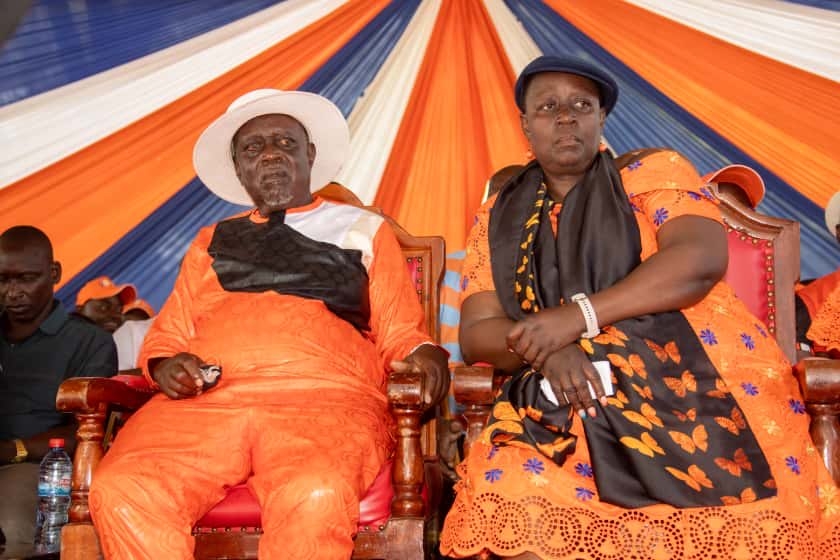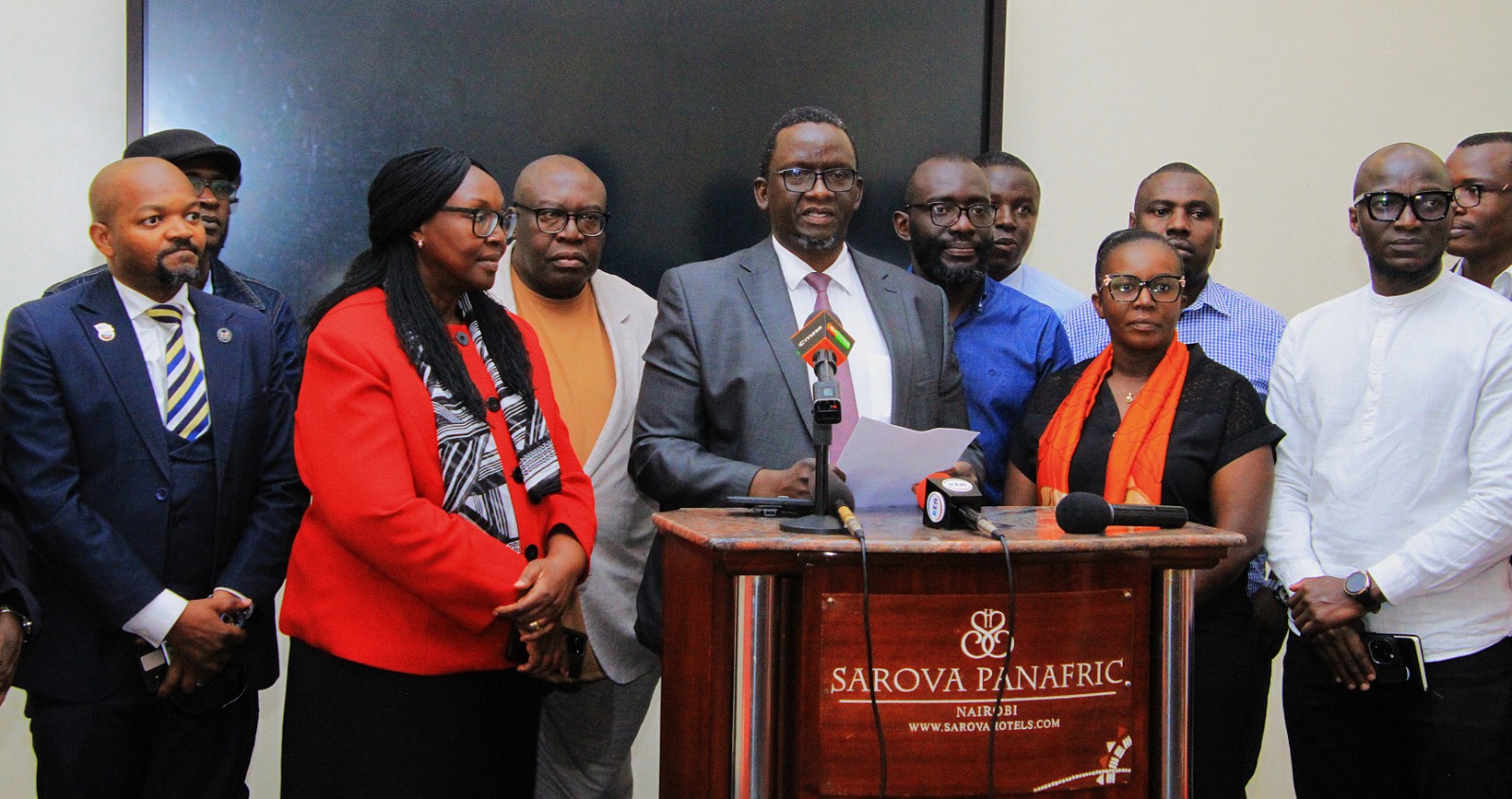Men’s mental health has remained undertheorised, especially in terms of the gendered nature of their social relations.
While the significance of social connections and strong supportive networks for improving mental health and well-being is well documented, we know little about men’s social support networks, or how they go about seeking or mobilising social support when it comes to venting out or speaking up when in trouble.
People need be concerned about how men are at times victimized by their female counterparts when they speak-up when undergoing overwhelming tribulations.
The Amber Heard vs Johnny Depp case, in which the latter is a good example. He was condemned before being heard and the truth being known.
The case is a good example on why it is important for men to open up when in trouble.
Unfortunately, we live in a very cultured society that has hardened men to believe they cannot be vulnerable. So when you are harassed either sexually, physically or verbally, you would rather suffer in silence than go through the “humiliation” associated with speaking out.
But this is a lie that most Kenyan men tell themselves and in due course, the result is depression, anger and overwhelming feeling of frustration.
A report by the National Crime Research Centre in 2018 showed that a majority of the male population has been victim of domestic violence but they rarely talk about it.
The report adds that 5.9 per cent of the males have been kicked, dragged or beaten by their partners. We live in a world whereby you would rather suffer internally and silence than position yourself anything less than a man.
As has been the usual, when men are on the wrong, the whole world crucifies them. It is only after the evidence leading to Depp's victory started coming out in detail that Heard was heavily criticized.
But this is just one rare case. Opening up deserves to be universal, but the world is already rigged against the man such that they will term his sentiments as less credible.
Society's expectations and traditional gender roles also play a role in why men are less likely to discuss or seek help for their victimisation or mental health problems.
We know gender stereotypes about women – the idea they should behave or look a certain way, for example – can be damaging to them. But it’s important to understand that men, too, can be damaged by stereotypes and expectations.
Men are often expected to be the breadwinners/ providers and to be strong, dominant and in control. While they aren’t essentially bad things, they can make it harder for men to reach out for help and open up.
Some research also suggests that men who can’t speak openly about their emotions may be less able to recognise symptoms of mental health problems in themselves, and less likely to reach out for support.
Men may also be more likely to use potentially harmful coping methods such as drugs or alcohol and less likely to talk to family or friends about their mental health. Research suggests men will access help that meets their preferences and is easy to access, meaningful and engaging.
Take me (Marvin) for example. Over the past three years, these words have been a part of me: 'Nothing', 'Negative', 'Ungrateful', 'You're not smart' etc...all because of opening up.
On social media, all I have received is pity comments anytime I air out my frustrations but only three people have legitimately reached out for help (one I have talked to one-on-one).
There are male victims who also don’t speak up because they fear nobody will believe their story. Or worse still, if social media catches wind of such a case, it may cause the story to spiral out control or misrepresent it to make them look bad.
The thing is, we still have a long way to go before men can be taken seriously for opening up. So with the Amber Heard vs Johnny Depp case, what can be done from here?
Chege is the founder and managing editor at Viral Tea Kenya, while Ngari is a communication and media student at Rongo University













